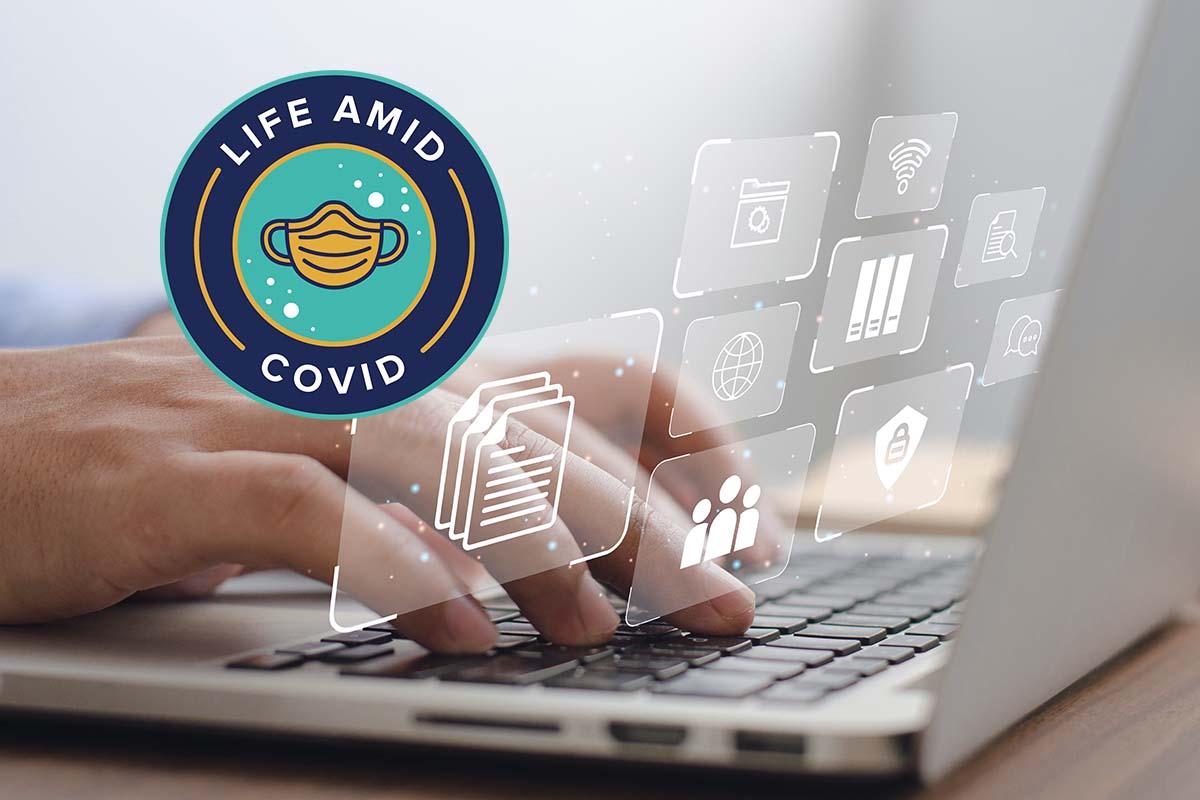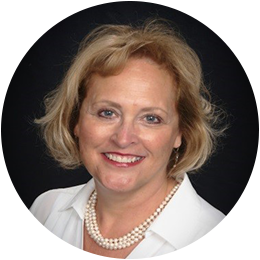
Even before the pandemic, many organizations were working to achieve or were already able to complete their payer delegation surveys remotely. The pandemic was the driving change for payers to embrace the capability of conducting their annual delegation audits remotely or via a protected web meeting with the organization’s delegation expert. The biggest change was for the staff who managed and prepared for the delegation audits as they were now working remotely. Many organizations continue to have their enrollment coordinators work remotely.
Delegated credentialing gives an entity the authority to perform certain functions on behalf of a payer organization. The organization that delegates the authority remains responsible for the credentialing and recredentialing of the providers. Delegated credentialing requires an agreement that is mutually agreed upon that provides an explanation of obligations in keeping with NCQA, URAC, and additional regulatory bodies.
With this in mind, I had a conversation with Cheryl Withers on how the pandemic impacted her operations as well as additional words of wisdom.
Cheryl Withers is the Director of Credentialing and Provider Enrollment for the Children’s Faculty Practice Plan at Ann & Robert H. Lurie Children’s Hospital of Chicago. Cheryl has a broad scope of experience and has been involved in enrollment and delegation for over 12 years in her current role. I first met Cheryl when she was the Manager of Humana credentialing. We collaborated and our work led to a delegated credentialing agreement. She is truly an industry expert!
Ann & Robert H. Lurie Children’s Hospital of Chicago was established in 1882 with medical staff that includes more than 1,800 physicians and allied health professionals in 70 pediatric specialties. As the largest pediatric provider in the region with a legacy of excellence where kids and their families are at the center of all that they do.
When you think of COVID and the impact it had on meeting the obligations of payer delegation, what comes to mind?
"The biggest change was to move everything remote and tighten email encryption and security measures. It made things easier as far as payer obligation because the method of transmittal was standardized, and the timing of submissions was synced to the same day of the month.”
Tells us about Children’s Faculty Practice Plan’s total number of contracted and payer delegation audits.
What were some of the challenges that you experienced as a result of COVID?
Did you have payer audits that were onsite prior to COVID?
"None of our audits were onsite. One of the benefits of being a NCQA certified CVO is it eliminates the onsite portion and makes everything including pre-assessments performed online. COVID didn’t have an effect on this. We still performed 18 annual audits and our NCQA 24 month review in 2020, all of which were remote. I passed the security issue with NCQA by creating a video of entrance to the building and the work suite."
Tell us about how Lurie Children’s enrollment is structured to meet the obligations of payer delegation? Other accountabilities?
"So, one of the changes is that everyone participates in the initial enrollment of a provider by adding them to the standardized load grid as they prepare them for Credentialing Committee. My enrollment coordinator is responsible for enrollment with government payers and maintenance."
Did you implement any changes in response to COVID and if so, what were they?
"We didn’t make any drastic changes other than system related changes for NCQA CR1 and auditing processes."
If there was one thing you could do to improve the process of payer delegation audits, what would that be?
"I would like to see the payers adapt a universal semi-annual report and I would also like to see them standardize what they request for an audit."
In closing, what words of wisdom can you impart to those who are planning to seek payer delegation?
- "Standardize your processes.
- Reduce the number of people making changes to files. SECURE…SECURE…SECURE!
- Increase the number complete files you audit for Committee. Try to make it 100%.
- Report on the same day of the month with the same load/change/termination report. I report on the 15th.
- Get rid of the paper. Especially if you are working remote.
- If you aren’t working remote have a plan to do so, at least partially cause the show must go on.
- Invest in RIGHTFAX.
- Read the NCQA requirements. You’re probably already doing 80-90% of what is required. With delegation you will be required to submit monthly/quarterly reports and rosters. Add to your submission the Credentialing System Controls Oversight Report. This report meets the new requirement under CR1 element C & D. I recommend monthly instead of quarterly to keep the number of changes you have to review lower."
Additional thoughts about NCQA standards.
"The new standards are a challenge, but I realized that some of what changed only pertained to myself and my team lead. If you don’t have a policy written for some of the requirements, I bet your organization does, i.e., passwords, encryption, etc."
Thank you, Cheryl Withers, for your time and for sharing your expertise. Looking forward to the opportunity that all of us will get together in person to continue the conversation, share knowledge, and best practices.
